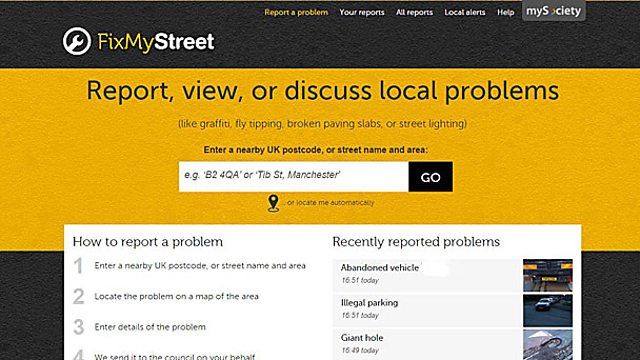5 Tips and Best Practices for Hyper-Local Data Journalism
- by 7wData

Data journalism can provide both global and local communities with valuable content that informs their day-to-day lives. Many of the efforts are internationally or nationally focused; yet, as Steven Barnett and Judith Townend have argued: “It is at the local level that the vast majority of citizens interact with hospitals, schools, transport systems, the police and elected council representatives.”
Given this importance, it would be great to see more data-led reporting at a local level. With that ambition in mind, here are five areas for local journalists to reflect on in order to determine the best way to use data, if at all, in their work:
Data journalism is an increasingly prominent component of the journalist’s playbook, but although it can help deliver valuable output, it’s not always an easy area to engage with.
“You need to be a particular type of person,” suggests Ben Worthy of Birkbeck College, University of London. “Politically, you need to be engaged and interested in local government, understand how local government works and have a driving reason to dedicate yourself to it. To have all these traits in combination is rare.”
Personality traits aside, particular barriers that may be pertinent – but not solely applicable – to local publishers include time, skills and the format in which the data is available. Time is a particularly important consideration for hyper-local publishers given that these sites are seldom run full-time, as many successful practitioners hold down separate day jobs.
Meanwhile, journalists at many local publications find themselves under increased pressure to produce an ever-greater volume of stories on a daily or weekly basis. As a result, journalists and publishers may come to the conclusion that they cannot cover everything and that their limited time is better served focusing on delivering content that is quicker and often easier to produce.
Journalists should, of course, not be averse to hard work, but they also need to ask themselves if a data-driven approach is the right one and, if it is, how can they use it effectively.
2. Can I use an off-the-shelf solution? One way local publishers can make things easier for themselves is by using off-the-shelf resources such as mySociety’s FixMyStreet widget (above) or the U.S. equivalent SeeClickFix (below). FixMyStreet is an online tool that enables people to “report, view or discuss local problems like graffiti, fly-tipping, broken paving slabs or street lighting.” Since it launched in early February 2007, more than 775,000 incident reports have been generated through this service in the UK alone. According to MySociety, more than 50 percent of users have never contacted their local council before, suggesting that the tool can play a role in promoting active citizenship, as well as being a fertile source for stories. 3. Remember that data alone is not enough. Although tools like open data platforms FixMyStreet and the US equivalent are incredibly useful resources for journalists, they only do half a job. Data on its own doesn’t tell a story: We still need journalists to decide how to arrange, analyze and visualize data, as well as to provide appropriate context and interpretation. These are important considerations for publishers, and the initial failure of EveryBlock – a U.S.
[Social9_Share class=”s9-widget-wrapper”]
Upcoming Events
Evolving Your Data Architecture for Trustworthy Generative AI
18 April 2024
5 PM CET – 6 PM CET
Read MoreShift Difficult Problems Left with Graph Analysis on Streaming Data
29 April 2024
12 PM ET – 1 PM ET
Read More



